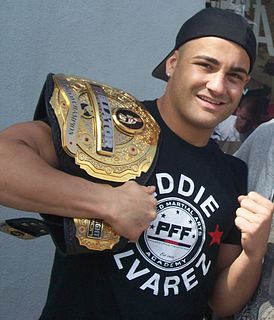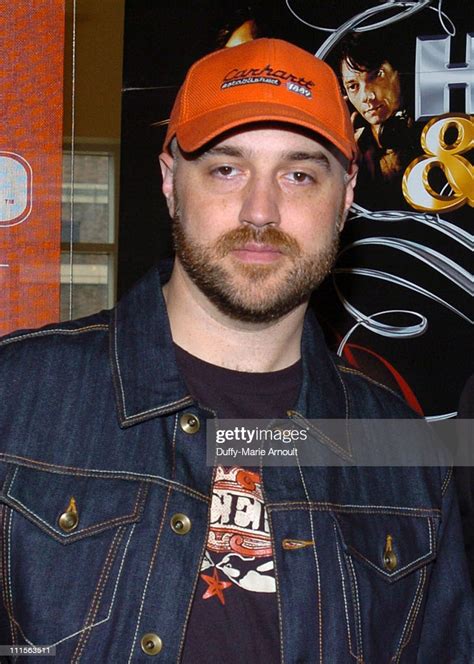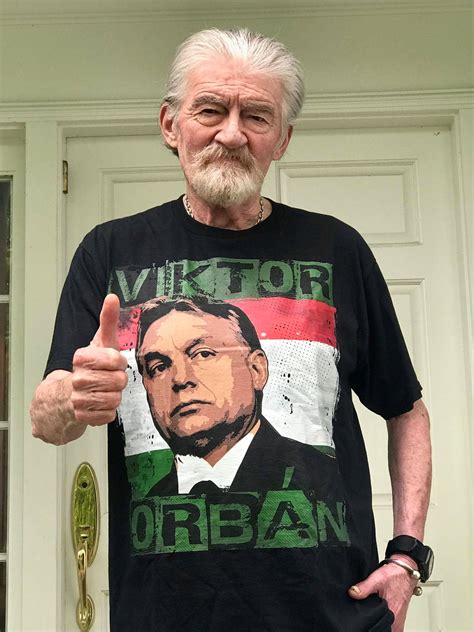A Quote by Judy Greer
Sometimes I think to get to the emotional level of a scene, you don't necessarily have to have experienced the exact thing that person has experienced, but whatever you have in your life that has gotten you to that place is usually enough.
Related Quotes
I'm not suggesting that I have all the answers or that I have experienced everything someone else has. I'm a firm believer that everyone's life/spiritual journey is unique and personal, and I'm in no place to tell you what you have or have not experienced. However, I CAN tell you what I have experienced and learned, and I hope it is of use to someone out there.
I don't think we're necessarily drawing from that specific sort of storyline, because I think we're all just super-blessed and grateful to have a show on HBO and to be working together and employed. But we are definitely speaking to things that our friends have experienced and others in our realm have experienced, for sure.
I'm someone who's experienced impostor syndrome - as I think a lot of people have with their careers, especially when they pursue what they're passionate about, because they want to be good at it. I've experienced that as a gay man; I've experienced that as a cook, as a gallery director, as a student of psychology.
I know I have this level of celebrity, of fame, international, national, whatever you want to call it, but it's a pretty surreal thing to think sometimes that you're in the middle of another famous person's life and you think to yourself, 'How the hell did I get famous? What is this some weird club that we're in?'
Writer's block is a natural affliction. Writers who have never experienced it have something wrong with them. It means there isn't enough friction-that they aren't making enough of an effort to reconcile the contradictions of life. All you get is sweet monotonous flow. Writer's block is nothing to commit suicide over. It simply indicates some imbalance between your experience and your art, and I think that's constructive.
People's experiences are all different, and you don't know what the person experienced. They know, but you don't, so I think it's important to listen carefully to what a person has to say. And not to force them into any direction at all but simply to model what you've experienced, model it and also be what I call a Listening Presence. If you're really listening, then some of the barriers can dissolve or change.



































